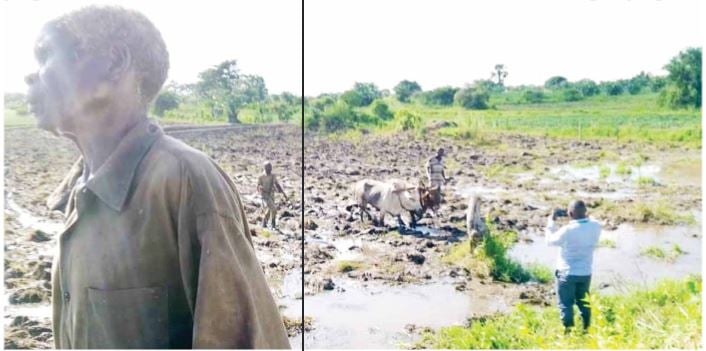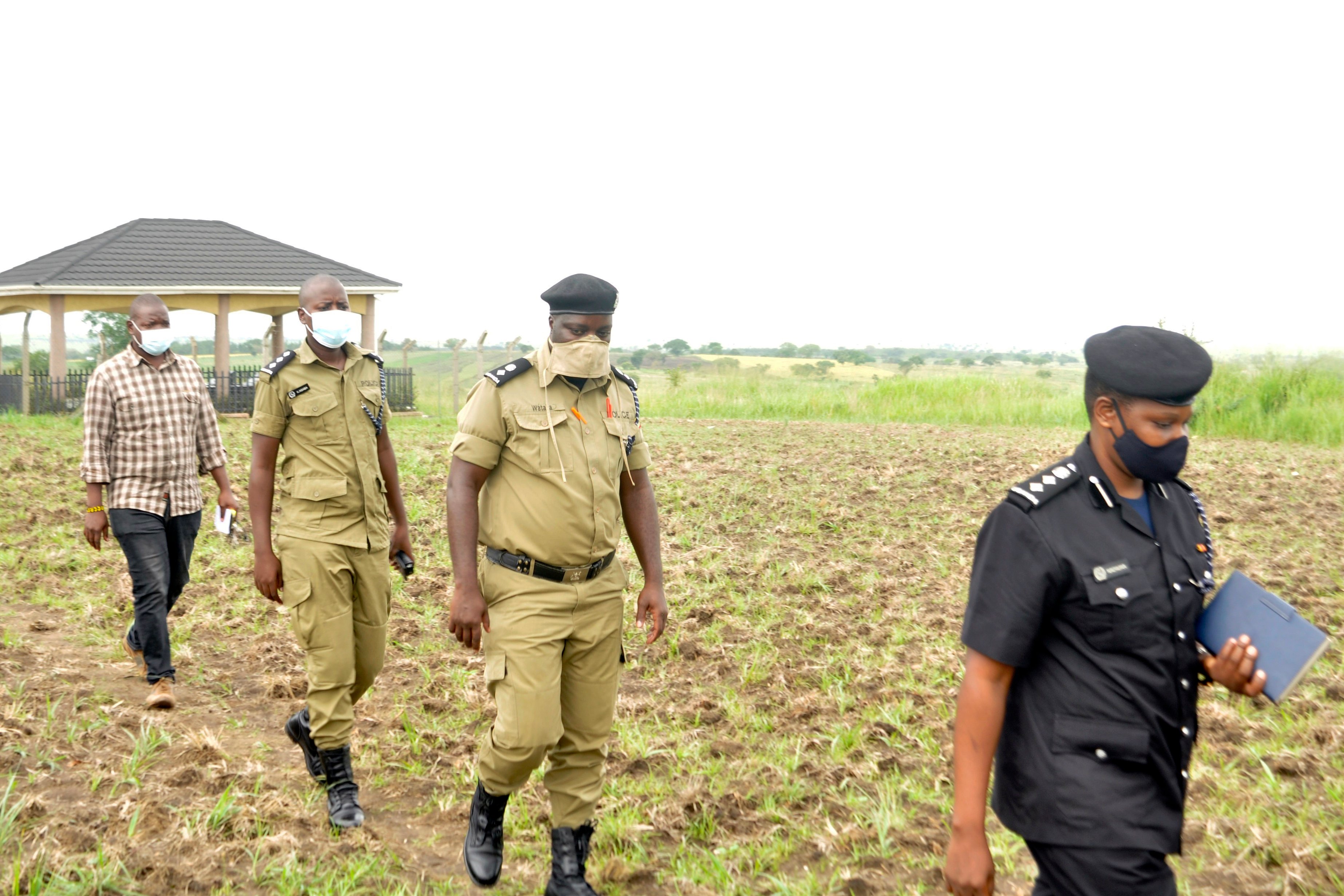Locals face water crisis after Aswa catchment degradation

This photo taken on May 18, 2024 shows part of Okole wetland in Aswa II sub-catchment which has been encroached. PHOTO/BILL OKETCH
What you need to know:
- The continuous degradation of the freshwater ecosystems is already posing a huge threat to the availability of safe water for domestic use.
Researchers have called for sustainable solutions to address the challenges impacting the conservation of the Aswa freshwater ecosystems.
This follows a study which revealed that northeastern Uganda may soon have no access to adequate water and sanitation services if the issue is not urgently resolved.
According to the study conducted in Aswa I and II sub-catchments, Lira District and Lira City between June and September, the continuous degradation of the freshwater ecosystems is posing a huge threat to the availability of safe water for domestic use.
The study was carried out by Join for Water, a non-governmental organisation.
The study states that despite efforts by the Ministry of Water and Environment and other partners to protect and conserve the Aswa catchment, significant challenges persist.
These challenges include a lack of institutional capacity and funding at the sub-catchment level, extensive degradation of critical water resources, and a complex socio-economic landscape.
It added that, while district structures have well-laid-out development plans, there are capacity gaps at various levels.
“The funding is limited, staffing inadequate, and there is a lack of harmony of structures and sector coordination. Policies are poorly popularised among stakeholders and law enforcement is difficult and conflicts with livelihood activities of communities,” the study report reads in part.
Researchers found severe degradation in water resources and ecosystems, with bare soils causing high surface runoff, low water retention, and siltation of rivers and wetlands.
They also noted that monitoring of weather, climate, and water metrics is not institutionalised, resulting in a lack of data on water quantity and quality.
Issue
“Boreholes are the predominant source of safe water supply, but many are non-functional because of poor site selection, design, operation and maintenance, which contributes to low safe water coverage. Records show water-borne diseases including dysentery, diarrhoea and typhoid fever as common illnesses, primarily attributed to poor hygiene and sanitation,” the study states.
It added: “There do exist safe water sources including protected springs, such as boreholes and shallow wells, which are installed with UII and UIII hand pumps. These are not enough as some communities still obtain their water from open water sources like rivers, streams, ponds and wetlands. There is insufficient water to cover livestock demand, particularly in the dry season, as a consequence of which livestock migrate to different places destroying farmlands.”
Other overarching challenges are population growth, high poverty, low literacy levels, land ownership, which is not backed by formal documentation, poor access to basic services, and weak enforcement of regulations on protection and conservation of water resources.
During the validation of the report on October 15, Mr Albert Orijabo, an assistant commissioner at the Ministry of Water and Environment, said: “We cannot talk about conservation and protection of water resources without addressing the issue of livelihood.”
“So, for tourism, we need healthy ecosystems to ensure that the service industry is vibrant. And as water resource managers, we shall have to see how we can sustainably harness these tourism resources while managing negative environmental impacts,” he added.
Ms Rebecca Alwedo, the Lira City deputy mayor, noted that without conservation and protection of water resources, the surrounding community is bound to suffer.
Mr Isaiah Ndungo, the Join for Water’s country coordinator, said the study found that more than half of the population in Lira has limited or no access to improved water and sanitation services.




